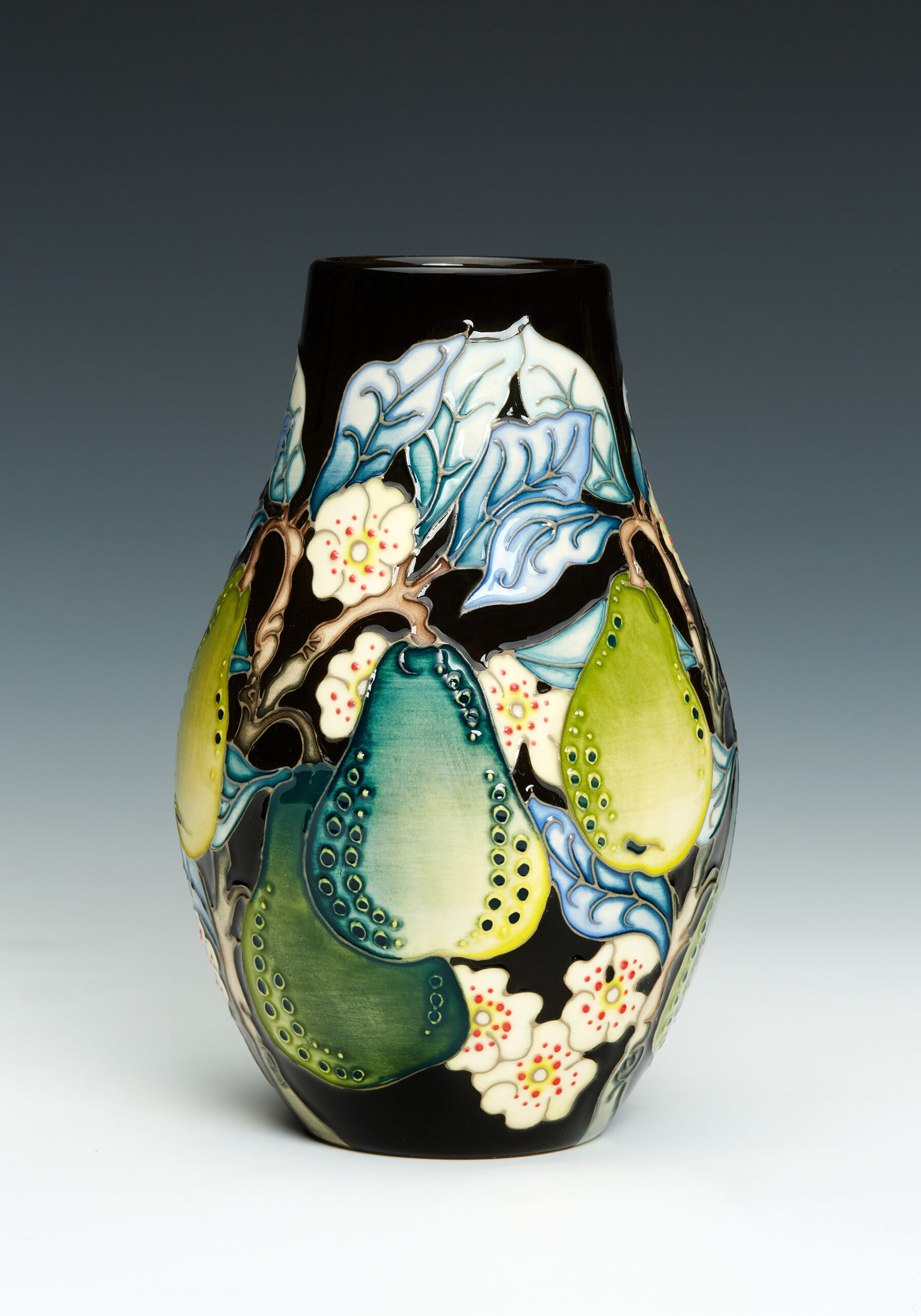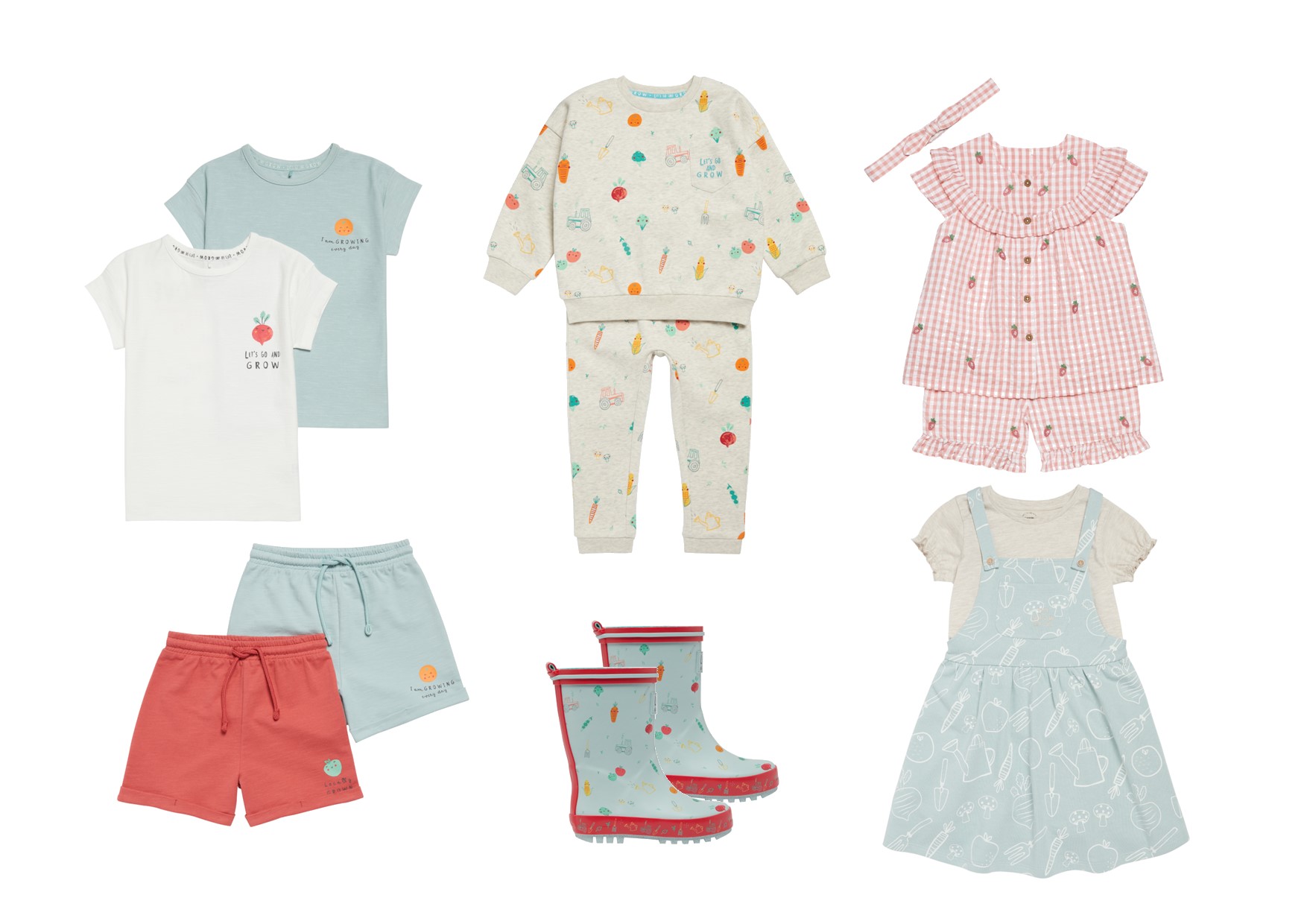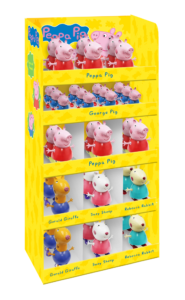From garden tools to wine, and chocolates to canvas shoes, all via the mulch aisle, when the Royal Horticultural Society puts its name to something, it carries with it the weight of over 200 years’ of rich heritage and authority on the subject of the country’s unerring love affair with the garden and the produce of the natural world it inhabits.
At a time in which heritage licensing is witnessing a stark upwards curve in demand from consumers today, while gardening is seeing an equal surge in consumer interest from across the age ranges, spanning children an families, to young adults and of course the core audience within which the RHS brands sits, it’s understandable that the organisation’s licensing division has become a hive of activity, abuzz with excitement over its latest developments in the space.
Here, Licensing.biz catches up with Cathy Snow, licensing manager at the RHS to find out how the firm brings its 200 years of history to the contemporary licensing space, what audiences are demanding from the heritage licensing sector today, and how the Royal Horticultural Society is embracing and encouraging new audiences to explore Britain’s own back gardens.

Hello Cathy, thank you for chatting with us today. To kick us off, could you give us an overview of the RHS brand and the values that it brings to the licensing space? How does the brand’s licensing efforts work to promote the ethos of the RHS, from wildlife and conservation to health and wellbeing?
Cathy Snow, Licensing Manager, RHS: “Inspiring everyone to grow” is our brand message and gardening has been our focus for over 200 years. But we turn this messaging into action. The Royal Horticultural Society is a charity, yes, but it’s also a campaigning institution, an educational powerhouse, and the owner of some of the most popular visitor centres and gardening shows in the country, regularly attracting millions of people. We also support everyday gardening and its proven physical and mental benefits, many of which became more apparent than ever last year.
Of course our licensing work helps us to fund these efforts and raise awareness of them. But licensing itself has to fit in with the brand and its ideals. Sustainability and good ethical and environmental practices are important in our campaigning work but also important in terms of choosing partners and supporting their manufacturing processes.
The RHS brand is a hugely reputable and deeply respected name. How do you leverage the rich heritage of the brand itself to build on the licensing portfolio? Where do you begin with building out a programme for such a revered name as RHS?
The overall RHS licensing campaign, quite reasonably, references the brand’s rich British history. But it does a lot more than that. Our products succeed in the marketplace because we look at our core strengths and assets and focus on products centered around those. This approach is especially notable in the gardening category, where high-quality tools and stylish garden furniture are promoted alongside peat-free gardening products, and an extensive range of core gardening essentials suited to every level of gardening ability.
“More heritage organisations than ever are entering the licensing arena and developing licensed products – but the best of them are not solely focused on commercial gain.”
However, this approach also influences other categories, which aim to raise awareness of our work and ideals. Many designs – including those used on a growing selection of adult apparel – are inspired by imagery from the RHS Lindley Collections, the world’s largest collection of botanical art. Scholastic UK has launched a programme of entertaining, informative and beautifully illustrated activity books for children aged seven to 12, encouraging readers to explore and enjoy nature outdoors. Information on tags and packaging helps to promote our work. Our children’s clothing promotes gardening in a fun way with veg and plant imagery and witty slogans. And of course many of our products are made by craftspeople and sourced in the UK.
Whatever the category the licensing team work with licensees and retailers not only to provide the best possible products but also to educate consumers about gardening and share our own love of horticulture with everyone no matter their age, ability or gardening space.
How has ‘heritage licensing’ changed over recent years, what do consumers expect in terms of brand narrative and story-telling in ‘heritage licensing’ today, and how is this reflected in your approach to licensing RHS?
More heritage organisations than ever are entering the licensing arena and developing licensed products – but the best of them are not solely focused on commercial gain. RHS licensed products must be relevant, appropriate and the best quality possible. If we don’t think a product is right for the RHS, we won’t approve it.
Consumers expect RHS licensed products to outperform other similarly available items; if a customer buys a pot with a 10-year frost-proof guarantee they expect it to last for more than 10 years. This is why we carefully approve every product and check its performance and quality.
And of course, the brand narrative – inspiring everyone to grow – influences all our partnerships, from garden tools to wine and chocolates, and from mulch to canvas shoes.

The licensing and story-telling potential that RHS boasts must be incredibly exciting. What level of creativity does the depth of the portfolio afford you with your licensing plans? How are you applying innovation in licensing to new and varied audiences?
The RHS style guides are an obvious starting point. They make use of the RHS Lindley Collections – the world’s largest collection of botanical art, including some 25,000 works. This is the perfect combination of exciting and original but also highly appropriate material.
However, the RHS encourages licensees to use the Collections as they see fit – the art is an inspiration rather than a rulebook. For example, the recent Hotter range of canvas shoes created two exclusive repeat pattern designs from Lindley Collections illustrations to deliver something unique and evocative, while the Oasis design team re-sketched its chosen images by hand for a series of prints to be used in a new fashion collection.
“Gardening came into its own in pandemic-hit 2020 when RHS gardening product licensees saw a surge in sales, and the health benefits (physical and mental) of gardening were not just interesting insights but news headlines.”
Regularly refreshed style guides add to the choice. One such was the very successful RHS Licensing Geometric Style Guide 2018; this uses Parterre and knot garden styles dating from the 1600s and 1700s to reflect the trend for geometric designs. Another was a style guide for children’s products – building on the charity’s success in outreach for children, families and schools, and in child-friendly events at its gardens and shows.
And yes, there are new audiences, and we constantly monitor home and garden trends. For instance, our supporter base is changing. A younger audience is discovering the benefits of outdoor spaces and gardening. We’ve therefore expanded our product portfolio into products for children, families and younger adults, and children’s products will be a major focus for the RHS in the post-pandemic world. A recent success was an association with the award-winning George brand that produced a fabulous collection of children’s clothing and accessories aimed at one to seven year olds. There’s also been an RHS-inspired series of children’s books from Scholastic UK.
How can licensing unlock the values of gardening, the outdoors, nature, wellbeing and all that RHS stands for with new generations?
For our gardening products – a major part of our licensed offering – there’s a clear link. And of course, gardening came into its own in pandemic-hit 2020 when RHS gardening product licensees saw a surge in sales, and the health benefits (physical and mental) of gardening were not just interesting insights but news headlines.
But even with homeware, apparel, confectionery and other non-gardening categories we aim to use packaging and POS to inform and educate where we can. We have thousands of botanical artworks available to licensees, many of which inspire product designs. These help to raise awareness of our gardens, flower shows, research, education and the excellent advice and information we can offer on all horticultural matters.
We always try to innovate and lead; this is reflected in our licensed products.
As for new generations, the move into children’s products – which actually started before Covid and lockdown – reflects the changing age of our supporters and, of course, the many initiatives the RHS as a whole has in place for children and schools.

How has the consumer’s relationship with ‘heritage licensing’ changed in the last 12 months? Has lockdown and the pandemic changed the way in which people want to experience art and culture? How does this influence your licensing strategy?
Consumers seem to be looking for products made by hand and closer to home, which we encourage, where feasible, through relationships with craft groups and UK-based partners. The growing public appeal of craft suppliers and companies based in the UK, as well as sustainability – in particular with the younger audience – fits in well with the brand values of the RHS.
Recyclable packaging, less plastic, low-impact manufacturing – these have always been aims of ours, but consumer awareness of environmental issues is now growing, and manufacturers are responding to this.
Another trend has been a huge increase in royalties for products for the home and especially the garden, not to mention more distribution channels opening up as retailers who might not normally look at gardening products or licensed products adjust to meet demand.
“We won’t ever be complacent, but we do think we are now well positioned to grow the brand even more without compromising its values.”
What categories or licensing partners will be key to you as you build on the RHS portfolio? What will the lifestyle, home, and garden licensing spaces span, and how will you look to tell the story of RHS through these?
We’ve enjoyed enormous success in the ongoing expansion of our category portfolio and this expansion will continue. However, we also hope to strengthen existing product categories and in particular are looking to expand in homeware, children’s products and apparel. Partners with strong ethical and environmental credentials and those that highlight UK craftsmanship will remain a major part of our programme too.
Gardening will always be our core category and we aim to continue to target keen gardeners and would-be gardeners who are looking for quality and inspiring products to support their interest. But gardening too has branched out: luxury garden sheds, premium boots, trellises, indoor pot covers and the very successful RHS Gifts for Gardeners range are all indicators that the RHS is continuing to seize opportunities in both established and new categories.
The programme overall is well established and balanced: it’s making more money for the charity than ever while still reflecting our values and insisting on carefully chosen licensing partners. We won’t ever be complacent, but we do think we are now well positioned to grow the brand even more without compromising its values.
What can we expect from the RHS in the licensing space in the coming year and beyond, what’s the next step for you guys in the sector?
We’ve announced several new partnerships so far this year (including hand-iced biscuits from Biscuiteers and children’s clothing from George) and more are to come. Some projects that were delayed last year are launching over the next few months. It has been – and still is – a really busy period. We’re expanding our small team and looking for a new Senior Licensing Development Executive and Licensing Development Executive to help generate new business and develop existing licensing partnerships.
The RHS gardens and shows are ready for a strong post-lockdown visitor response. This is an exciting time for us as a licensing team and for the RHS as a leading Heritage organisation.












